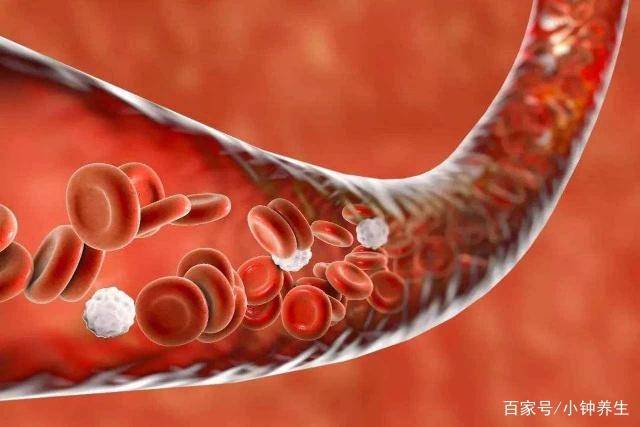With changing dietary habits, high uric acid has emerged alongside the three highs, now referred to as the fourth high, tormenting people’s health. High uric acid is actually a metabolic disease caused by a disorder in the metabolism of purine substances in the body, leading to increased uric acid levels in the blood. If high uric acid levels remain difficult to control over the long term, it may result in the accumulation of urate salts in the joints, leading to severe complications such as gout.
In our unit, Xiaocheng often likes to invite a few good friends to go out for late-night snacks, eating seafood and beer. His friends usually advise him to eat less of this, but Xiaocheng feels he’s still young and that a little indulgence is fine. Just some time ago, during a health check at work, he discovered that his uric acid levels were severely elevated, and he deeply regretted it.
In fact, high uric acid is closely related to daily diet. If one frequently consumes foods high in purines, such as beer, seafood, and hot pot, then uric acid levels are likely to remain high. Under normal circumstances, the blood uric acid level for adult males is 149-416 micromoles per liter, while for females it is 89-357 micromoles per liter. If a health check reveals levels exceeding these values, it’s time to start controlling one’s diet.
Finally, the “natural enemy” of high uric acid has been found; consuming a little bit daily can lower uric acid levels and keep gout at bay!
1. Cucumber
People with high uric acid have an acidic body, so they should consume more alkaline foods to balance this, and cucumber is an excellent alkaline vegetable. Crisp and refreshing, cucumbers are rich in nutrients and very popular. The active enzymes in cucumbers may greatly promote human metabolism, eliminate dampness and toxins from the body. Additionally, cucumbers are rich in fiber, which may accelerate intestinal peristalsis, lower cholesterol levels, reduce swelling and stimulate the kidneys to metabolize uric acid, helping to maintain water-salt balance in the body, making it an ideal food for patients with high blood pressure, high blood lipids, and high uric acid.
2. Apple
From a young age, there is a saying: “An apple a day keeps the doctor away.” Apples contain rich fiber, pectin, vitamins, and other nutrients, and consistent daily consumption may help eliminate excess uric acid from the body and enhance kidney function. Furthermore, the flavonoids in apples act as excellent vascular cleansers, lowering blood lipids and inhibiting tumors.
3. Winter Melon
Winter melon is a food rich in water content and dietary fiber. For those with high uric acid, frequent consumption might lower cholesterol and fat levels in the blood, reduce cardiovascular pressure, promote blood flow, and facilitate uric acid metabolism.
4. Celery
Celery is a typical high-potassium, low-sodium vegetable, which is beneficial for people with high uric acid. This is because celery has strong diuretic effects, facilitating the faster elimination of uric acid, alleviating sodium retention in the body, and reducing water retention.
Elevated uric acid levels not only potentially cause gout but can also exacerbate the metabolic burden on the kidneys, leading to renal failure. Therefore, in terms of diet, consider increasing the intake of these four foods to reduce swelling and promote urination, allowing for gradual decline in uric acid levels!


